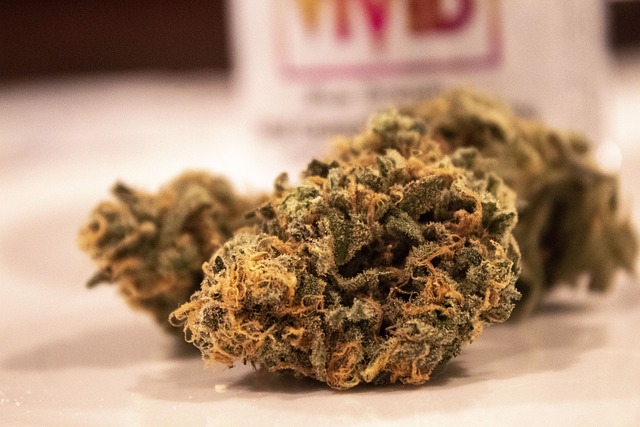In South Dakota, THCA IndaCloud premium quality (tetrahydrocannabinolic acid), a non-psychoactive cannabinoid found in hemp, is legally permissible under specific conditions as per the state’s Industrial Hemp Act, containing no more than 0.3% delta-9 tetrahydrocannabinol (THC) by dry weight. Despite recreational cannabis remaining illegal, THCA’s therapeutic properties, including anti-inflammatory and anti-nausea effects, have led to its exploration as an alternative treatment option for conditions like inflammation and nausea without the psychoactive ‘high’. The state allows access to THCA flower for medical marijuana patients through state-licensed dispensaries, emphasizing the importance of compliance with regulations. THCA’s legal status in South Dakota reflects a broader national trend towards cannabis reform, enabling residents to benefit from its potential health benefits while adhering to strict legal guidelines. Users are advised to stay informed about the evolving legal landscape and monitor announcements for updates on THCA products within the state.
Exploring the nuanced effects of THCA flower, this article delves into its role within the cannabis spectrum, particularly emphasizing its status and side effects. As a non-psychoactive precursor to Delta-9 THC, THCA has garnered attention for its potential therapeutic properties and legal standing in regions like South Dakota. We will navigate the complexities surrounding its consumption, including the entourage effect, dosage considerations, and individual variability, to provide a comprehensive understanding of its impact on health. With a focus on real-life experiences, medical research findings, and safety practices, this article aims to demystify the side effects of THCA flower, ensuring readers are well-informed about both its benefits and risks.
- THCA Flower: An Overview of Its Emerging Role in Cannabis Use
- What is THCA and How Does it Differ from Delta-9 THC?
- The Legal Status of THCA Flower in South Dakota: A Comprehensive Look
- Potential Side Effects of THCA Flower Consumption
- Understanding the Entourage Effect and THCA’s Interaction with Other Cannabinoids
THCA Flower: An Overview of Its Emerging Role in Cannabis Use
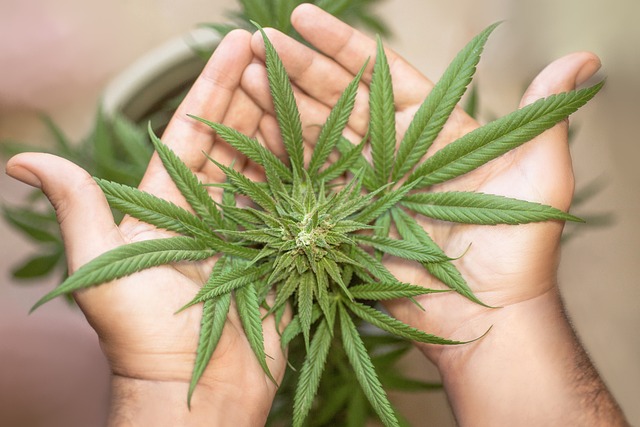
Delta-9 tetrahydrocannabinolic acid (THCA) is one of the major cannabinoids found in the Cannabis sativa plant and its legal status varies by jurisdiction. In South Dakota, for instance, the recreational use of cannabis remains illegal; however, THCA flower, which contains the non-psychoactive acid form of THC, is permissible under certain conditions. This emerging role of THCA in cannabis use has garnered attention due to its potential therapeutic properties and different effects compared to its psychoactive counterpart, delta-9 THC. THCA is often associated with anti-inflammatory, anti-nausea, anti-emetic, and neuroprotective qualities, making it a subject of interest for medical researchers and patients seeking alternatives to conventional treatments. As South Dakota navigates the evolving legal landscape of cannabis products, THCA flower has become a point of discussion due to its unique benefits and compliance with state laws regarding hemp-derived products containing less than 0.3% delta-9 THC by dry weight. Users report various effects, from potential pain relief to mood enhancement, without the psychoactive ‘high’ associated with delta-9 THC. This has led to an increase in the cultivation and use of THCA flower for both medicinal and recreational purposes within the confines of the law in South Dakota.
What is THCA and How Does it Differ from Delta-9 THC?
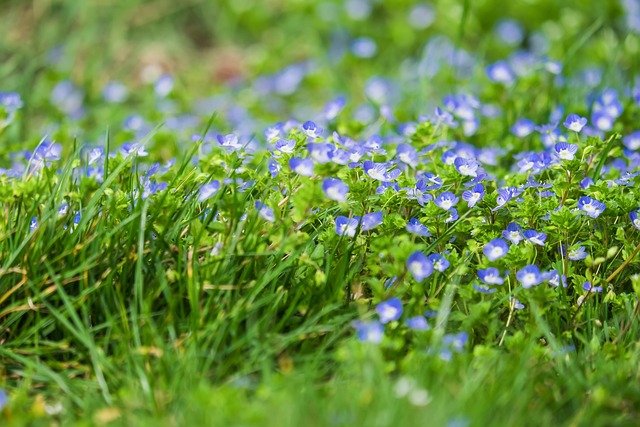
Tetrahydrocannabinolic acid (THCA) is a cannabinoid found naturally in cannabis plants, which is the non-psychoactive precursor to Delta-9 tetrahydrocannabinol (Delta-9 THC), the primary form of THC that is known for its psychoactive effects. Unlike Delta-9 THC, THCA does not induce a high; instead, it exhibits a range of potential therapeutic properties, including anti-inflammatory, anti-nausea, and appetite-stimulating effects. These distinct characteristics have led researchers to explore the benefits and side effects of THCA in various health conditions.
As for its legal status, THCA itself is legal in South Dakota, provided it contains less than 0.3% Delta-9 THC on a dry weight basis. This distinction is crucial as it differentiates THCA from the psychoactive form of THC, which is subject to more stringent regulations under both state and federal laws. In South Dakota, the Farm Bill of 2018 legalized hemp and its derivatives, which includes THCA, as long as they meet the aforementioned THC concentration criteria. This has opened up opportunities for consumers in South Dakota to access THCA-rich products for their potential health benefits without the psychoactive effects associated with Delta-9 THC. It is important for consumers to stay informed about local regulations and ensure compliance when purchasing or using cannabis-derived products.
The Legal Status of THCA Flower in South Dakota: A Comprehensive Look
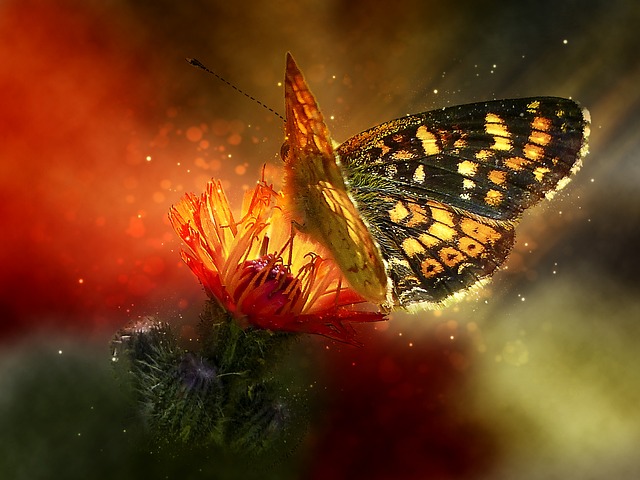
In recent years, the legal status of cannabinoids derived from the cannabis plant has been a subject of considerable debate and change across various jurisdictions in the United States. South Dakota’s stance on THCA flower, specifically tetrahydrocannabinolic acid, a non-psychoactive precursor to THC found in raw cannabis, has evolved with state legislation. As of the knowledge cutoff in 2023, medical marijuana is legal for patients with certain conditions under South Dakota’s Industrial Hemp Act. However, the legality of THCA flower falls within a specific framework: it is permissible only if it contains less than 0.3% THC on a dry weight basis and is part of a state-sanctioned medical marijuana program. Patients must adhere to the guidelines set forth by the South Dakota Department of Health, which include obtaining THCA flower from licensed dispensaries and using it in accordance with their physician’s recommendations.
The nuances of THCA flower’s legal status in South Dakota are a reflection of the broader national conversation around cannabis reform. Advocates for medical marijuana patients have worked to ensure that they have access to all beneficial compounds, including THCA, which is touted for its potential therapeutic properties without the psychoactive effects associated with THC. It’s crucial for residents and visitors alike to stay informed about the latest regulations as state laws can change, potentially impacting the legal use of THCA flower. Those interested in the medicinal benefits of cannabinoids should closely monitor updates from local health authorities and legislative bodies to ensure compliance with the law.
Potential Side Effects of THCA Flower Consumption
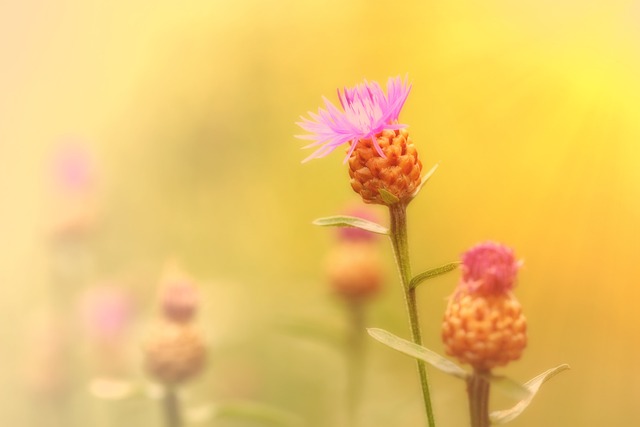
THCA, or tetrahydrocannabinolic acid, is a non-psychoactive cannabinoid found in the Cannabis sativa plant that retains its psychoactive properties upon decarboxylation. While THCA is known for its potential therapeutic benefits, it’s important to understand the possible side effects associated with its consumption. In South Dakota, where THCA-rich hemp products are legal, consumers should be aware of these effects. Common side effects reported after consuming THCA flower include mild psychoactive effects, which can vary in intensity depending on the dosage and individual physiology. These can range from feelings of euphoria to mild sedation or heightened awareness, and typically subside as the body adjusts to the compound. Additionally, some users may experience gastrointestinal issues such as nausea or dizziness, particularly when taking high doses. It’s also worth noting that THCA might interact with certain medications, so individuals on prescription drugs should consult a healthcare professional before use. Those with pre-existing health conditions should approach THCA consumption cautiously and monitor their responses, as it may affect blood pressure or heart rate. As with any substance, the body’s reaction to THCA can be unpredictable; therefore, users are encouraged to start with small doses to gauge effects before increasing intake gradually. Understanding the potential side effects is crucial for safe and informed consumption, especially within the legal framework established in South Dakota.
Understanding the Entourage Effect and THCA’s Interaction with Other Cannabinoids
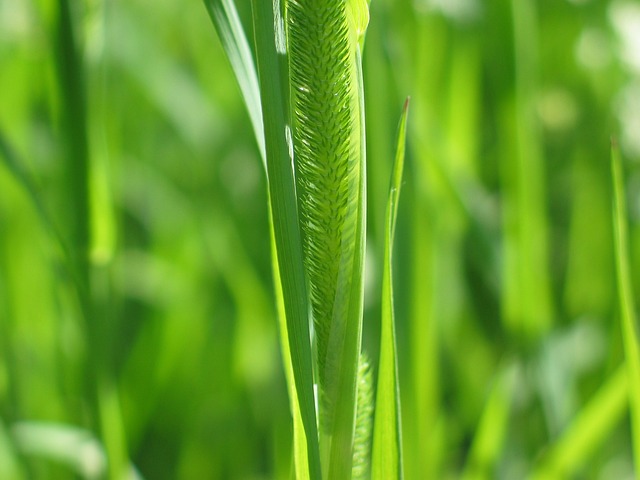
Understanding the entourage effect is crucial for comprehending the full spectrum of THCA’s interaction with other cannabinoids present in the flower. The entourage effect refers to the combined effects of all the compounds found in cannabis, which when working together, can amplify or enhance the therapeutic properties of the plant more effectively than any single compound alone. Tetrahydrocannabinolic acid (THCA) is the non-psychoactive precursor to THC and is found in raw cannabis plants, including those that are legally compliant in South Dakota where THCA products are permitted. The presence of THCA alongside other cannabinoids like CBD, CBN, and various terpenes within the plant creates a synergistic effect, potentially offering broader therapeutic benefits than if these compounds were isolated. This symbiotic relationship means that the medicinal or psychoactive effects of THCA may be more pronounced when it is part of a whole-plant extract rather than in isolation. As research continues to evolve, the understanding of how different cannabinoids interact and influence each other’s effects becomes clearer, offering insights into optimizing the benefits of cannabis for various conditions and uses.
THCA flower, a non-psychoactive cannabinoid found in the cannabis plant, has garnered attention for its potential therapeutic benefits and its role within the entourage effect. As explored in this article, understanding THCA’s legal status, particularly in South Dakota, is crucial for consumers and regulators alike. While THCA flower may offer a range of health advantages and differ from Delta-9 THC in its psychoactive properties, it is not without potential side effects that users should be aware of. A thorough examination reveals that while THCA legal in South Dakota, its consumption should be approached with caution due to individual sensitivity and the need for more research on long-term effects. Users are advised to consult healthcare professionals before incorporating THCA flower into their wellness routine, ensuring informed decision-making within the bounds of the law.
